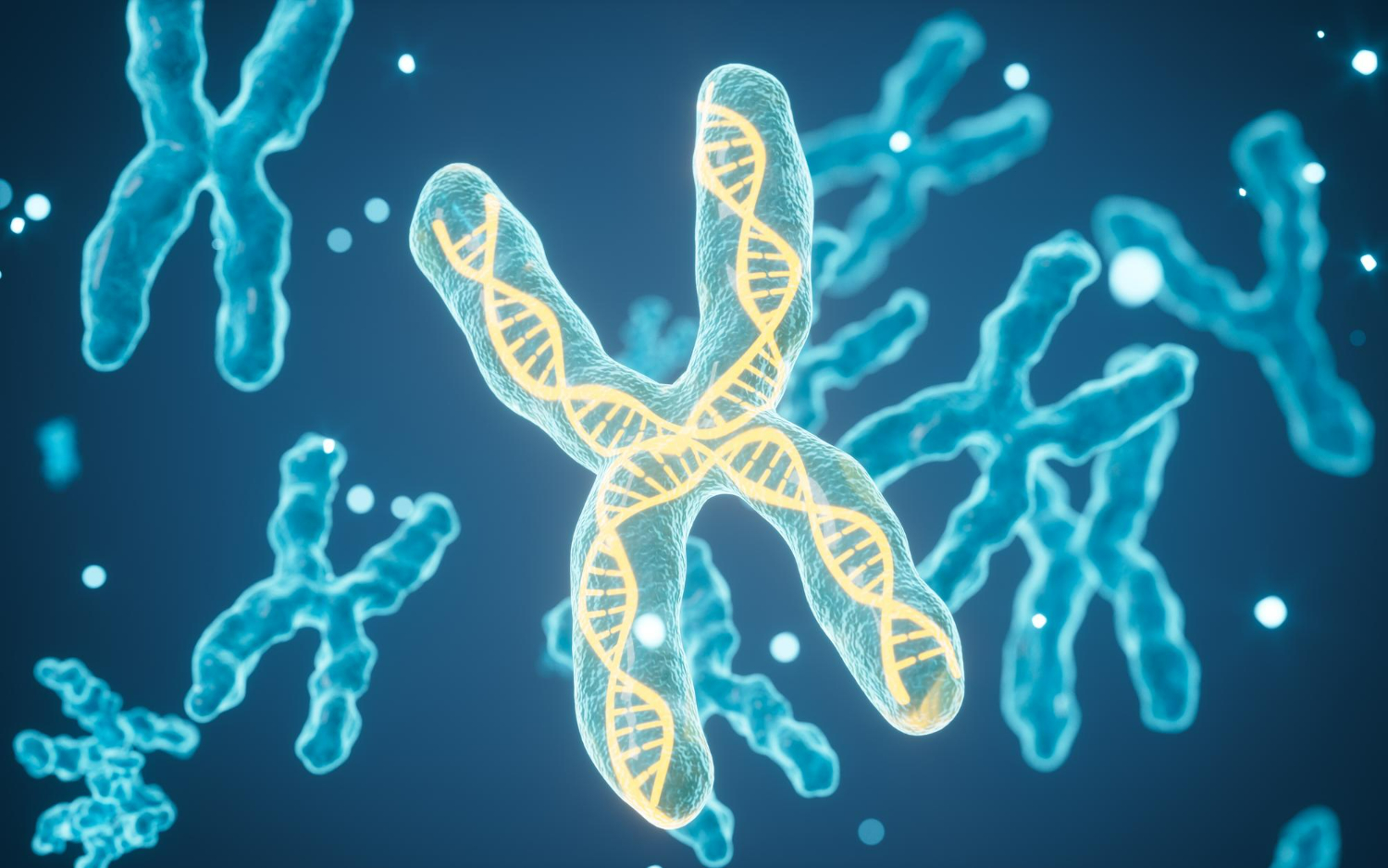As our loved one’s age, the risk of Alzheimer’s disease becomes an overwhelming reality. Unfortunately, this risk is even greater for our loved ones with Down Syndrome.
Alzheimer’s disease is diagnosed earlier and more frequently in the Down Syndrome community than in the general population. While it is difficult to grapple with, understanding the link between these two conditions is necessary to making informed decisions about your loved one’s care, now and in the future.
The Genetic Connection
Down Syndrome is a genetic condition caused by the presence of an extra copy of chromosome 21—a.k.a. “Trisomy 21.” What many people don’t realize is that this same chromosome carries a gene closely associated with Alzheimer’s disease: the amyloid precursor protein (APP) gene.
The APP gene produces the protein beta-amyloid. When this protein builds up in the brain, this creates beta-amyloid plaques: sticky protein clusters that are a hallmark of Alzheimer’s disease. The extra copy of the APP gene, carried by Trisomy 21, leads to a natural production of more beta-amyloid in people with Down Syndrome, exposing them to a greater risk for Alzheimer’s.
By age 40, most people with Down Syndrome will have beta-amyloid plaques, as well as other Alzheimer’s-related protein deposits called tau tangles. Studies sadly show that an estimated 50% of people with Down Syndrome will develop dementia due to Alzheimer’s. The risk of developing Alzheimer’s disease increases with each decade of life after age 40, and the overall lifetime risk of developing Alzheimer’s disease is more than 90% (Fortea et al., 2021*)
Early Onset and Symptoms
Spotting the early signs of Alzheimer’s in people with Down Syndrome isn’t always easy, as pre-existing intellectual disabilities may alter the typical pattern of memory loss symptoms. The National Down Syndrome Society has a comprehensive list of symptoms that families may notice, including:
- Personality or behavior changes
- Social withdrawal
- Increased confusion
- Decreased productivity
- Spatial disorientation
- Loss of previously mastered skills
These subtle shifts can be easy to dismiss or misattribute. Establishing a baseline of cognitive and functional abilities in early adulthood will make it easier to identify changes later on and pursue a timely diagnosis.
Legal and Financial Planning
While a potential Alzheimer’s diagnosis is emotionally heavy and logistically demanding, legal and financial planning ensures that your loved one’s needs are met without jeopardizing their eligibility for critical benefits.
- Medicaid/Medicare: programs that can help cover long term care and medical expenses.
- Special Needs Trust (SNT): sets aside funds for your loved one’s enhanced care without affecting their eligibility for vital support programs, including government assistance like Medicaid or Supplemental Security Income (SSI).
- Durable Power of Attorney: allows a trusted individual to manage financial decisions.
- Healthcare Surrogate: ensures someone can make medical decisions if your loved one becomes unable to do so.
- Legal Guardianship: may become necessary if your loved one can no longer make informed decisions.
Looking Ahead with Confidence
For families and caregivers of individuals with Down Syndrome, new experiences—both joyful and challenging—arise at each stage of life. Don’t let the future sneak up on you. Start creating a long term care plan, tailored to the needs of you and your loved one, with our qualified Board Certified Elder Law Attorney. With proactive steps, you can ensure your loved one is secure, dignified, and supported every step of the way.
Contact Us
At Florida Elder Law & Legacy Planning, we can ensure your family is protected from the uncertainties of the future. Contact us by calling (813) 651-1233 or by filling out the form below.


